Something exciting is cooking in Edo State. I need to tell it and predict its probable outcome.
At last I believe that there is a new ‘prophet’ in the land, somebody in authority, someone that has the political will to make a genuine difference, someone that will kick-start a change in the fortune of Nigerian sport.
Governor Godwin Obaseki of Edo State is looking and sounding more like late Dr. Samuel Osaigbovo Ogbemudia. He appears to understand the deep issues in sport.
This past week I listened to him speak about a new vision for sports in Edo State and my spirit was lifted and my hopes rekindled.
Unsurprisingly, he is a product and beneficiary of the Ogbemudia era, the most productive period in the history of that part of the country comprising present day Edo and Delta States. Godwin Obaseki wants to re-ignite and advance that legacy.
This past week almost a hundred serious-minded sports personalities, including several of the most accomplished athletes in Nigeria’s rich history, seasoned administrators, the crème of journalism practice, persons from academia, business, schools, sports medicine as well as a few other stakeholders in sports, assembled in Benin City to jaw jawover the intractable problem of understanding what to do through sports to ‘change Edo State’.
Late Nelson Madiba Mandela was not a dumb global icon. He knew what he was saying when he proclaimed on the eve of the 2010 FIFA World Cup hosted by his country that ‘Sport has the power to change the world’.
Governor Godwin Obaseki appears to have keyed into that mantra, determined to look closely at this innocuous sector and use it as a developmental tool as Samuel Ogbemudia did in the 1970s to fast track the development of Bendel State.
The structures, facilities, institutions that Ogbemudia established in those days may all have become derelict, yet Edo State continues to remain the foremost producer of natural talent in most sports in Nigeria.
It takes a special eye to see what Nelson Mandela saw as the power of sport to impact society. Most political leaders in Nigeria never see it.
That’s why I lost faith in the endless talk shops, seminars, conferences, retreats, workshops, special Presidential and Ministerial committees, task forces, study groups, and so on, often set up by governments (States and Federal) that ended up in good voluminous reports that are never-read and never implemented.
I was fed on a rich diet of a good sport development process during a period when things were right with Nigerian sports. I have also seen and experienced the era of the derailment since 1992 and its aftermath, watching as once fertile fields of dreams have become barren wastelands.
I have seen both sides of the coin, the good past and the poor present, so I know what I am talking about from personal experience that can’t be bought in the market place or taught it in a classroom!
The bottom line is that sport has not been important to successive governments. It is usually the last and least important item on their plate of programmes, fueled by misconceptions that have gradually become ‘truths’ that continue to prevent any productive relationship between sport and governments.
I was invited to Chair a sports summit organised by the Edo State government this past week with the theme: Repositioning sports in Edo State.
Before now, from the early 1970s (and probably before that) that part of the country that covers present day Edo and Delta States has been the most productive and most successful in terms of producing sportsmen and women and, by extension, foremost sports administrators for Nigeria. The records, list of persons, and the success stories all speak for themselves.
Despite its glittering chest of medals, trophies and rich history successes, Edo State, in particular, (being the senior partner in the former Bendel State equation) has not become the success story that other states can go to seek answers to their own shortcomings, or to emulate. Why?
It is obvious that Edo State’s relative success is not the product of the best practice, facilities, systems, or structures as there is little on ground after the destruction of the foundations laid by Samuel Ogbemudia. They have all become derelicts.
The Ogbe Hard Court International tennis Championship is buried in the bowels of history. With it Benin City would have become a Mecca of some sort.
What existed between Edo and Delta States between the 1970 and the mid 1980s have become relics and abandoned monuments like the sports institute in Afuze, covered now by dense vegetation and trees. Worse still is the neglect of the process of growing athletes through schools and shepherding them through the collegiate system (both locally and abroad) and turning them into the complete athletes that became not just the best in the country but competing with the best in the world – Charlton Ehizuelen, Bruce Ijirigho, Felix Imabiyi, Dele Udoh, David Ejoke, Godwin Obasogie (Track and Field) Isaac Ikhuoria, Peter Konyegwachi, Davidson Andeh, (Boxing), and a whole legion of swimmers, para-olympians, footballers, and other sports, all too numerous to list here.
The fact is that no other part of the country has produced the quality and quantity of talent as Edo State has done. Sport could become the ‘oil’ of the State, becoming a major contributor to the State’s economy, like Kenya.
The big question, however, is this: How is the most successful State in Nigeria in sports harvest from a global sports industry in excess of one Trillion US Dollars? How can a State so naturally endowed with athletics talent convert this into economic and social benefits?
I was particularly impressed when I met Governor Godwin Obaseki for the second time in my life on the eve of his inauguration. He told me he was planning to revive sports in Edo State and wanted me to contribute by sharing my humble experiences and knowledge with his government.
That’s what I did this past week. I saw the array and quality of persons he assembled in Benin. I listened to him explain his vision. I listened to the Deputy Governor also speak about the government’s expectations from the summit. My spirit told me this was going to be different.
If he transfers the political will that I felt in his words at the summit into action, Edo State shall soon witness the re-birth of a truly authentic grassroots development programme that shall generate massive social and economic dividends and become a model for the rest of the country. It will be some kind of resurrection of Ogbemudia’s legacy!
Edo State is sitting on a human gold mine. Re-positioning sports in the State is surely one way to accelerate its development.
My advise to the gathering was to keep their recommendations simple, practicable and inexpensive.
The State government does not have to break its financial vault; it does not have to change the world in one day but to take little daily positive steps. It must re-orientate the citizenry and make them understand, buy into his vision and support it fully and willingly.
If these things are done, I foresee a future so bright that the whole country will look at what is happening in Edo State and take useful lessons on how to chart a similar course.
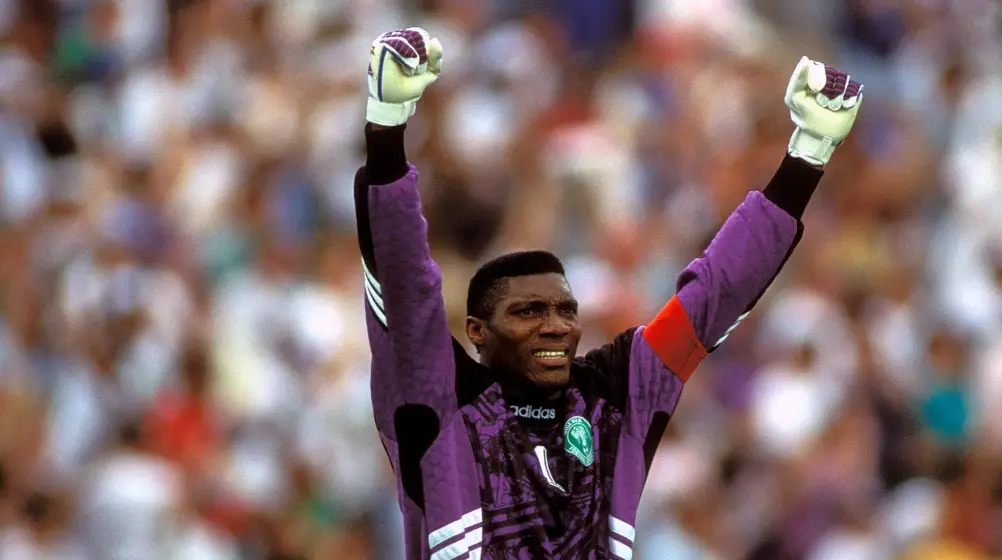
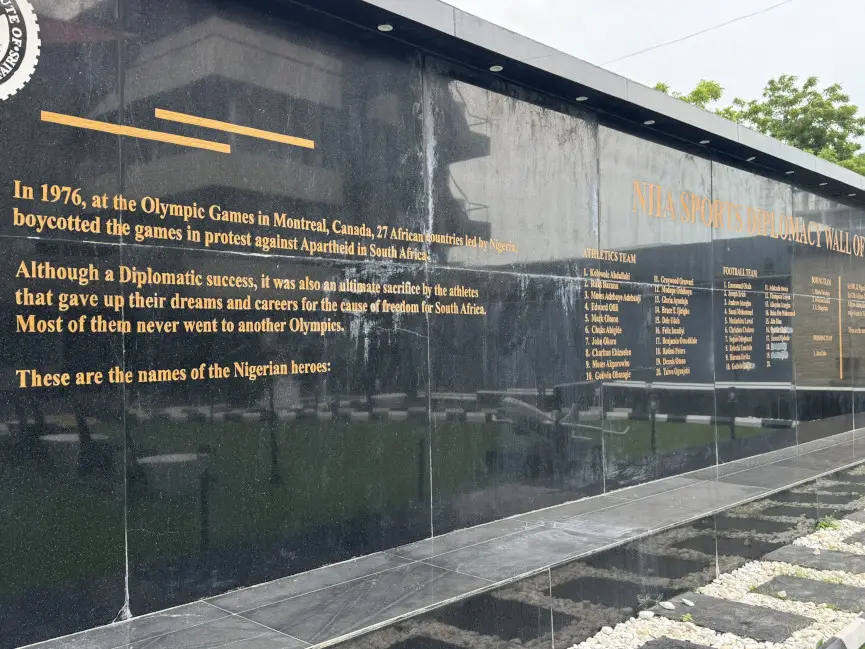
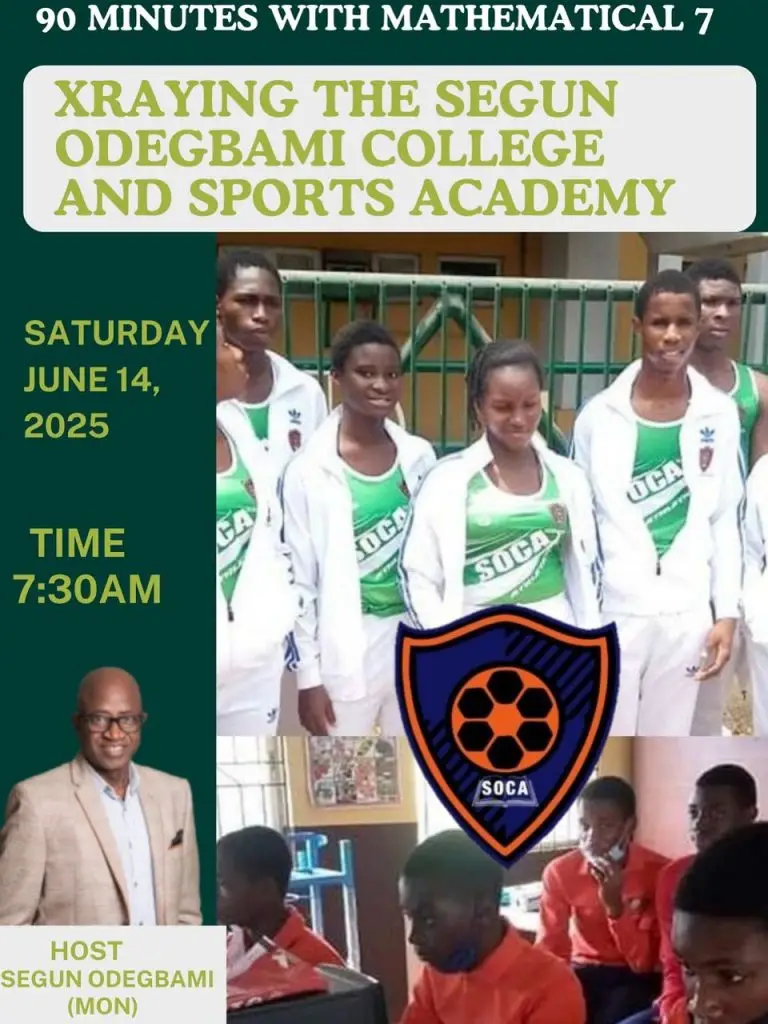
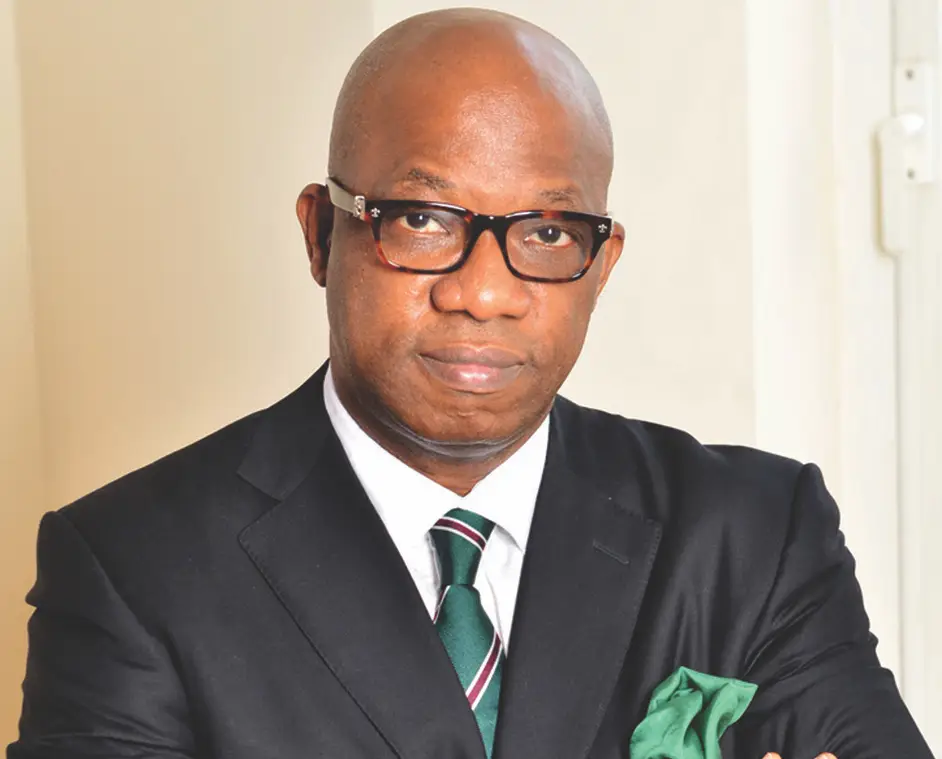
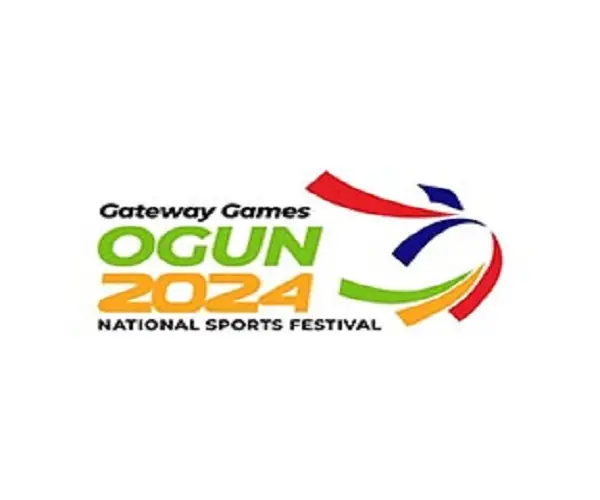



Latest Comments